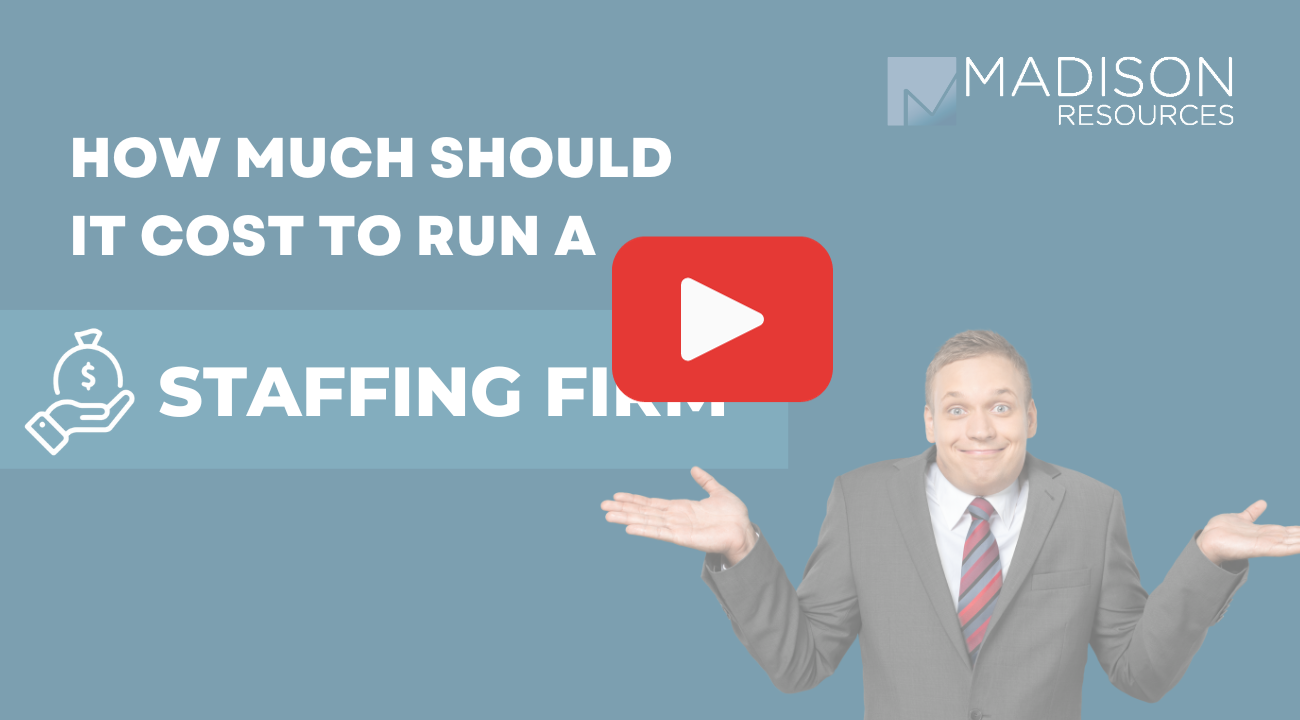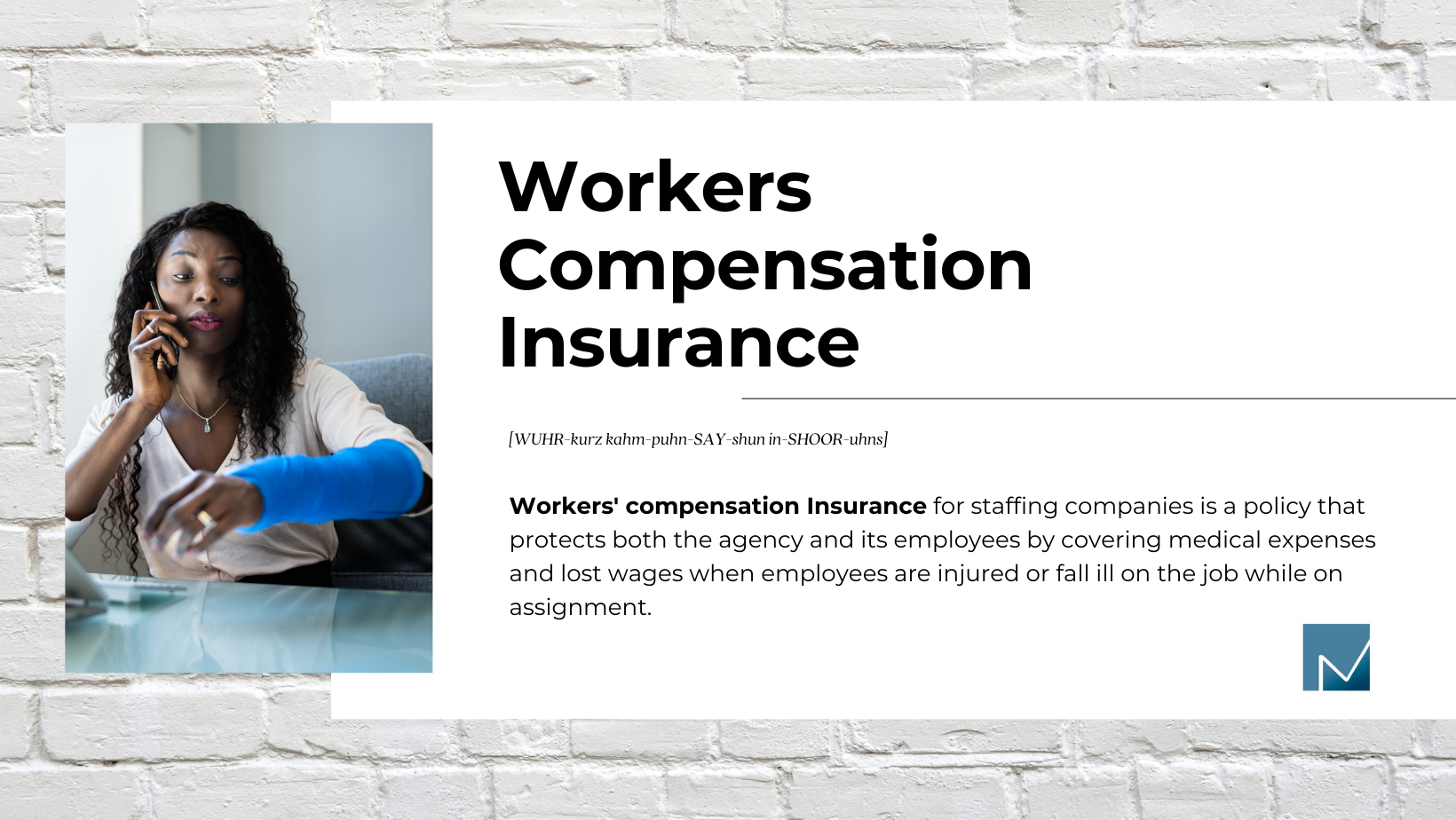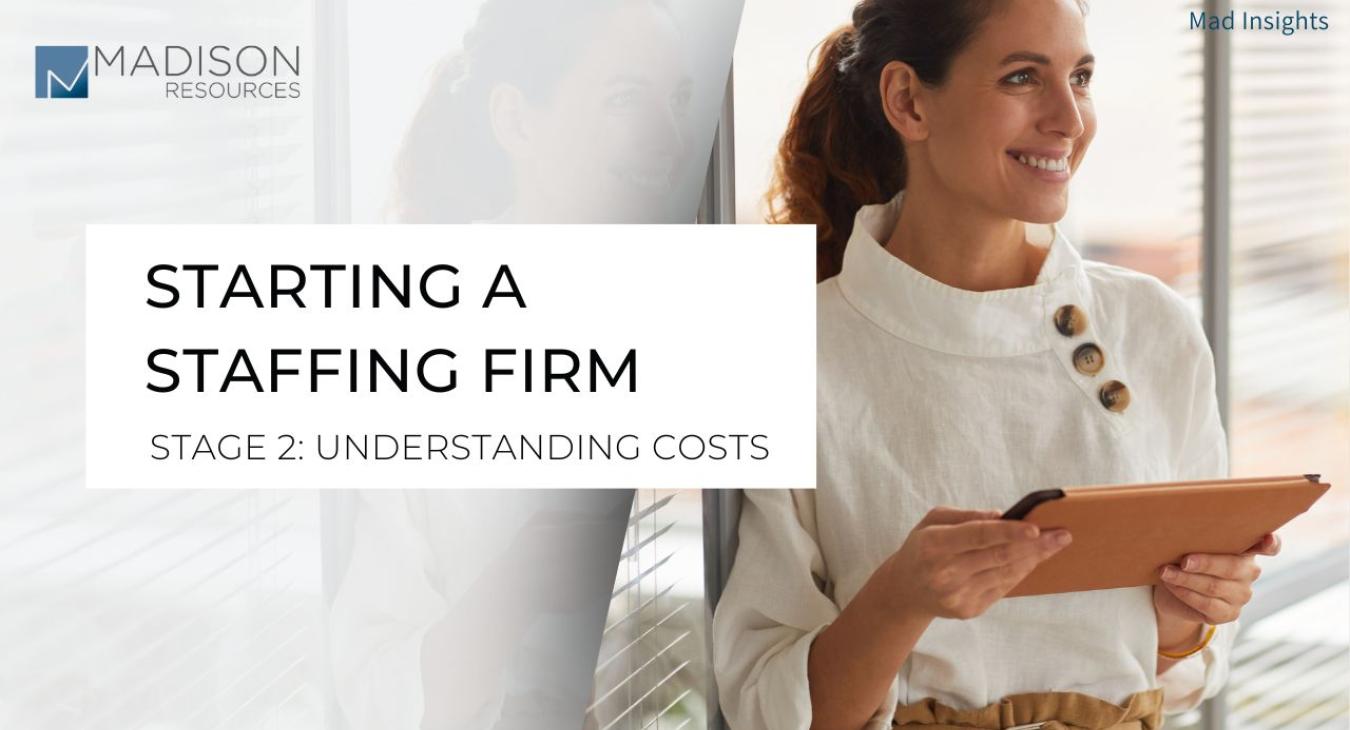How Much Does it Cost to Start a Staffing Company?
Stage 2: Understanding The Costs of Starting A Staffing Company
The Numbers
Taking the leap and starting your own staffing company is an exciting and rewarding endeavor. However, it is essential to understand the financial implications and costs involved in setting up and running a successful staffing business.
The US staffing industry hit over $212 billion dollars, according to the SIA, and is predicted to grow by over 50% of the current conditions by 2027. It makes sense you would want to get on this gravy train, but before you do, you will want to make sure you have these three key components accounted for.
1. Funding: Securing A Stable Funding Source
Launching a staffing agency requires adequate funding to cover various initial expenses. These expenses typically include office space, equipment, marketing, legal fees, business registrations, licenses, insurance, etc. It is crucial to create a detailed business plan that outlines estimated costs upfront to seek funding from investors, payroll funding, loans, or personal savings. It is essential to determine which funding option is the best solution for your staffing startup. We refer to this process of establishing financial backing in a previous blog.
While the amount of funding required may vary depending on factors such as location, niche, and scale of operations, it is advisable to have at least six to twelve months of operating expenses as a buffer. Be sure to account for ongoing overhead costs like employee salaries, marketing expenses, and technology investments to ensure the sustainability and growth of the business.
If you sense your wallet constricting, don't worry; there are options available, such as sourcing investors, taking out a loan, or working with industry-specific payroll funders.

2. Workers' Compensation: Protecting Your Greatest Asset
Workers' compensation insurance is a vital aspect of starting a staffing company. This insurance protects both the staffing firm and the temporary employees in the event of work-related injuries or illnesses. It covers medical expenses, lost wages, and rehabilitation costs, protecting all parties involved.
The cost of workers' compensation insurance varies based on multiple factors, including the location, industry, and employee classification codes. It is crucial to work with an insurance provider who specializes in the staffing industry to ensure accurate and comprehensive coverage. This may require upfront premiums or regular payments, depending on the terms of the insurance policy.

Complying with workers' compensation requirements will likely involve implementing strict safety protocols and risk management procedures to minimize workplace injuries. These investments contribute to the overall cost of starting and operating a staffing firm, but they are essential for ensuring the health and well-being of your workforce. For more information on workers' compensation, watch our explainer video here!
3. Software: Streamlining Efficiency and Operations
In today's technology-driven world, staffing firms heavily rely on software solutions to streamline their operations, manage candidate databases, automate administrative tasks, and track financials. Investing in recruitment software such as your CRM and ATS plays a crucial role in achieving operational efficiency, optimizing processes, smoothing out the sales process, and staying competitive in the industry.
The cost of staffing software depends on various factors, such as the scope of features, scalability, and customization options. There are different pricing models available, including one-time licensing costs, monthly subscriptions, or usage-based fees. It is essential to research and select software that aligns with your business needs and budgetary constraints.
Beyond the initial software investment, recurring costs such as software updates, maintenance fees, and user support should be factored into your financial planning. Remember, the right software solution can significantly enhance productivity, improve candidate management, and streamline the entire recruitment process, making it a worthwhile investment for your staffing company.
How much does it cost to start a staffing company?
With all factors considered, on average, it costs roughly $10,000-$20,000 to start a staffing company. starting a staffing company requires a comprehensive understanding of the financial aspects involved. By finding the right financial partner, workers comp insurance, and low-cost software. Luckily there are so many free tools when it comes to marketing, website development, and basic technology that you can keep your overhead low and profits high.
Final Thoughts
In conclusion, launching a staffing company necessitates a thorough grasp of its financial intricacies. Compare the insights gained here with your business plan and the unique requirements of your upcoming staffing firm. Speak with a staffing startup specialist today to explore your options and learn more about trusted industry partners. Click here to connect!
Looking for additional resources to aid in starting your staffing company? Explore the rest of our "Start a Staffing Company" series:
Stage 1: Planning How to Start A Staffing Company From Home
Stage 3: Wants Vs. Needs When Starting A Staffing Company
Read more articles
- Log in to post comments


